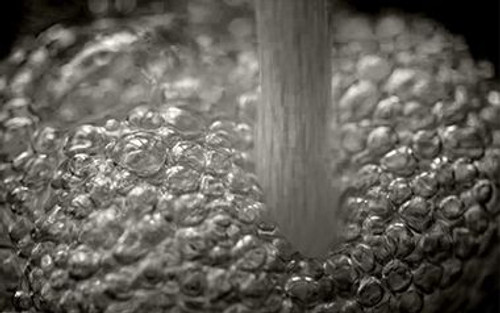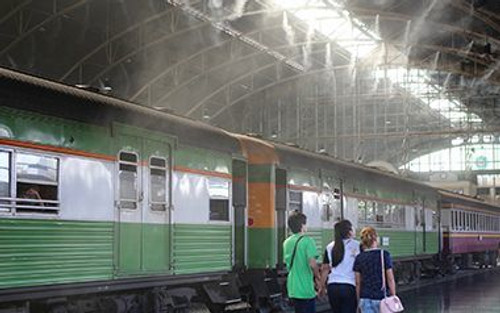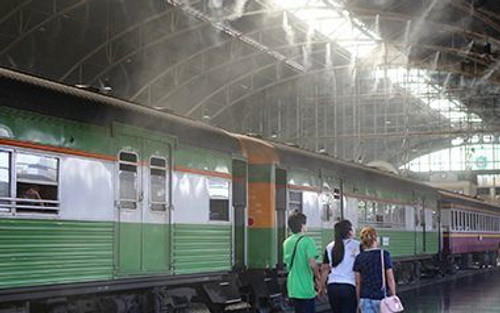What are Industrial Water Chillers?
Industrial water chillers offer quick reductions in water usage and stable water temperatures, which leads to massive enhancements to the process and a fast return on investment. Industrial water chillers are utilized in various applications such as being useful in removing unwanted condensafe from compressed systems in the air treatment solutions industry. Industrial water chillers are suitable alternatives for environments with a great deal of heat and humidity. Industrial water chillers integrate much needed features, which include advanced microprocessors, energy saving compressors, which increases productivity and lowers cost within industrial plants.
How does an industrial chiller water treatment system work?
Precise treatment processes fluctuate depending on the needs of the cooling tower and condition of the circulation and feed water. However, an industrial chiller water treatment system will generally include the following filtration steps:
- Filtration Processes/Ultrafiltration: Filtration is a required process to eliminate impure substances such as organic matter and suspended solids from the feed water. It is more effective to use filtration systems in the early stage since the eradication of suspended particles upstream can maintain the safety and efficiency of the membranes and ion exchange resins from fouling.
- Ion exchange/water softening: if your water consists of high amounts of hardness then there are certain treatments available for the elimination of the hardness. Water softener systems are effective at removing the ions that cause the water to increase in hardness. Usually, these ions tend to be magnesium, calcium, and iron ions that are targeted and removed. Ion exchange resins provide a similar function by replacing these hardness causing ions with non-hardness ions, such as sodium ions.
- Chemical addition: By this stage of the process, there are usually additions of chemicals such as bicarbonates which hinders acidity from occurring, and other inhibitors to avoid the build-up of scale deposits. Fortunately, pre-treatment can decrease the amount of chemicals required during this stage, which is preferred since much of these chemicals are costly.
- Reverse Osmosis Systems: Reverse osmosis systems eliminates virtually all unwanted dissolved solids through the filtering of feed water using high quality semipermeable membranes. The reverse osmosis process is incredibly effective in producing ultra pure water for consuming or applying in various applications, and is generally the backbone of any well-designed water purification system.
[custom-specifications]
- Incorrect or varying line friction.
- Air purifier or compressor clamped down.
- Cooling system which is inadequate for working temperatures.
- The heat exchange mechanisms have degraded in the coolant solution.
- Refrigerant leak.
- Great surrounding temperature.
- Evaporator glazed up.
[/custom-specifications]
[custom-features]
[/custom-features]
[custom-usage]
In general, water-cooled chillers do not require replacement as much as air-cooled chillers do. These systems are not susceptible to outside conditions in the atmosphere, thus making them less fragile.
[/custom-usage]
-
Great solution for water treatment
Learned much about industrial chiller water treatment
- Related Project1:
- https://pureaqua.com/reverse-osmosis-water-purification-43000-gpd-mexico/
- Related Project2:
- https://pureaqua.com/industrial-tap-water-ro-unit-270000-gpd-ecuador/
- Related Project3:
- https://pureaqua.com/multi-cell-filtration-plant-1500-gpm-iraq/
- Related Project4:
- https://pureaqua.com/industrial-brackish-water-treatment-for-power-plant-1700-m3-day-iraq/
 ENGLISH
ENGLISH
 ESPAÑOL
ESPAÑOL العربية
العربية PORTUGUÉS
PORTUGUÉS FRANÇAIS
FRANÇAIS













